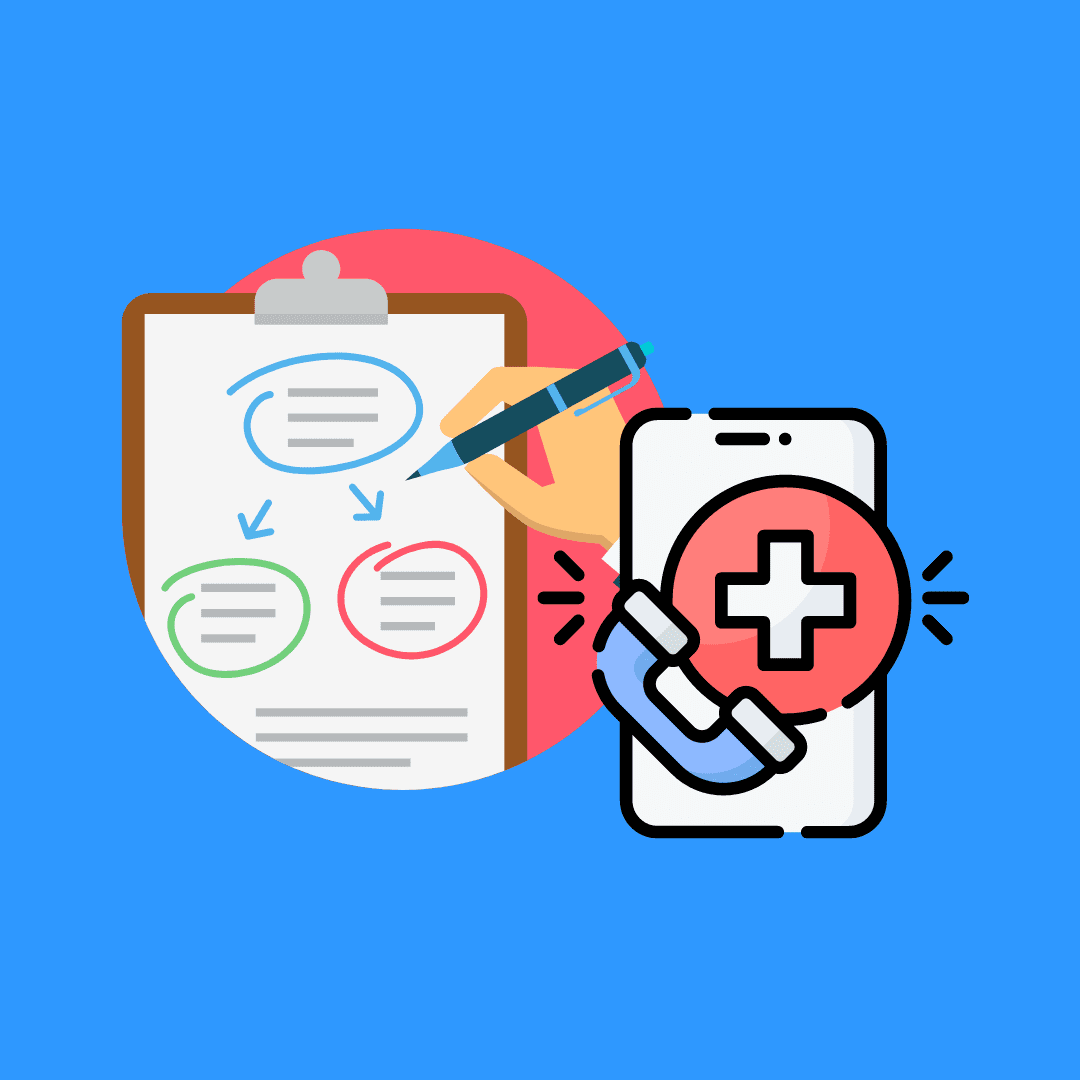Emergency planning is something most of us learned about in elementary school. We learned we needed to know what to do in case of an emergency and how to get help. You may remember asking your family what your role in the family plan was. Some of you were able to leave it at “call 911” and some of you needed to develop a plan further.
Many of us were taught to believe prevention to be a Plan for Success. We learned to prepare for the unexpected. We were to prepare for the WHAT IF’s and cautioned to not get caught up in too many WHAT IF’s. We learned about the need to organize and prepare for emergency events.
The Office of Developmental Programs (ODP) requires that providers of Waiver funded services have formalized back-up plans. Back-up plans outline replacement staffing in case a staff person is not available to work. But what if you are not paid to support a person with a disability? Are you a family member providing support? Are you a family friend? When natural support is provided, a formalized Back Up Plan is not required but you may already have a more developed plan than most. But is it enough? Does it provide for all scenarios? Does it provide for urgent situations? Does it provide for an unplanned interim of time when you cannot provide support?
Imagine: WHAT IF I fell into a pothole? WHAT IF I couldn’t walk or talk? WHAT IF I was whisked away to surgery? WHAT IF my planned back up person might be awhile until they can get to my loved one?
The need to expand your plan is subjective to your situation. You might ask yourself some basic questions: Do I need to plan for another’s supervision and safety? Does my Back Up plan provide for their support needs in the first 15 minutes? How will they interact with the First Responders? Will they understand and be understood? Will they be afraid? Will anyone look out for them? Even the most perfect design cannot allow another person to immediately be on the spot. You know there will be someone there for your loved one, but the question is when?
You can prepare your loved one. Some positive interactions now could improve the circumstances later. One suggestion is to better familiarize yourselves with learning what First Responders do. Sirens, equipment, and people in a hurry might be frightening to your loved one. An emergency may impede a person’s ability to communicate. Is there any past trauma or fear to consider?
One way to develop emergency awareness is by planning a trip to visit the local Fire Department. A visit to the EMS station or the local or State Police could also be beneficial. Attending a fundraiser or taking water and snacks to the Fire Hall are ways to ease the anxiety of the visit. You could both volunteer to help at a fundraiser or join the Auxiliary and become valued members. Simple actions like these can help you and your loved one become familiar with First Responders. Who knows…you might even come to know each other by name!
The PA State Police offer “Sunny Day Camps” throughout Pennsylvania. The camp’s purpose is to introduce First Responders to their communities. During camp, First Responders explain what they do. They provide hands-on exploration of their vehicles and equipment. The camp includes representatives from Fire, Police, EMS, and Paramedics services. Often, Equine and Canine officers and Life Flight pilots and nurses are part of the camp. These 1-day camps take place in May through September.
The Pennsylvania Department of Transportation also participates in the “Yellow Dot” program. This program issues a yellow sticker to place on your vehicle window. The yellow sticker indicates that there may be an occupant who requires accommodation.
Temple University has developed a very useful and comprehensive guide to Emergency preparedness.
Emergency Planning Guides
The American Red Cross Emergency Planning Kit is available at:
For emergency planning guides addressing the needs of persons with disabilities visit:
- https://www.ready.gov/disability
- https://www.hhs.gov/civil-rights/for-individuals/special-topics/emergency-preparedness/resources-persons-disabilities/index.html
For Employers visit:
